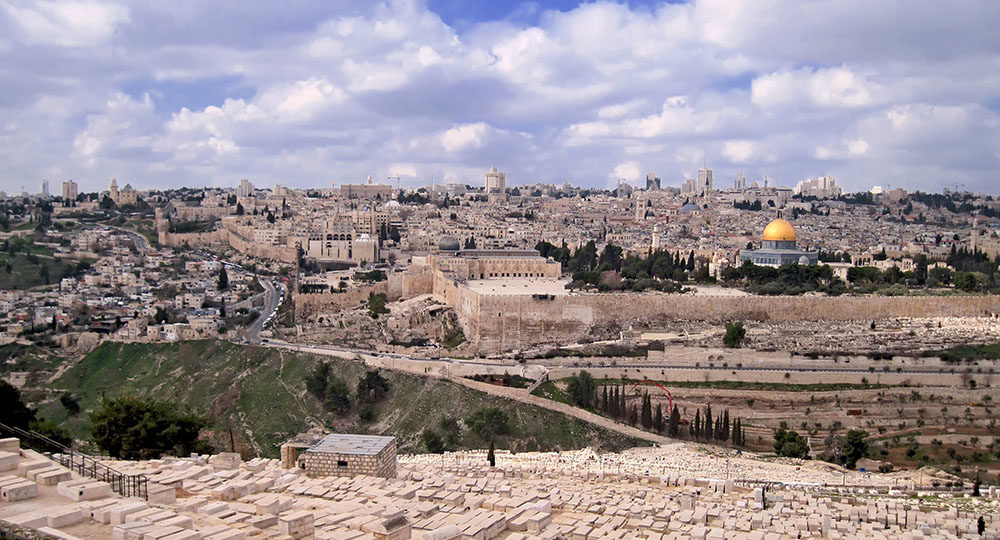

1 thought on “Two Boys, Two Mountains, Two Covenants”
Leave a Reply
You must be logged in to post a comment.

You must be logged in to post a comment.
Many years ago I had a wonderful friend who truly loved Jewish people. She was a devout Christian who had come to Christ later in life from a Greek Orthodox background and...
Some 2,000 years ago, the apostle Paul strolled through the marketplace in ancient Athens where a plethora of altars dedicated to manmade gods offered Athenians a smorgasbord of...
In our modern or postmodern world, the narratives of the Old Testament frequently slip from a vibrant canvas of deep theological truth into shallow “stories” from which believers draw...
The great American civil rights leader Dr. Martin Luther King Jr. once said, “The ultimate measure of a man is not where he stands in moments of comfort and convenience, but...
As a child, I had a favorite teacher who skillfully arranged biblical characters on colorful backdrops of desert sand, tents, or a palm-covered oasis. Drawing our attention to...
Imagine, if you can, an “appearance” by the God of glory to an idol worshiper named Abram living in Mesopotamia. He gave Abram a command and an extraordinary promise...
Your commentary is wisdom for this day and age.
His Word reveals Truth as deep as we allow our understanding to embrace.
THIS generation may be the last one to make the choice of Eternal life or Eternal death..